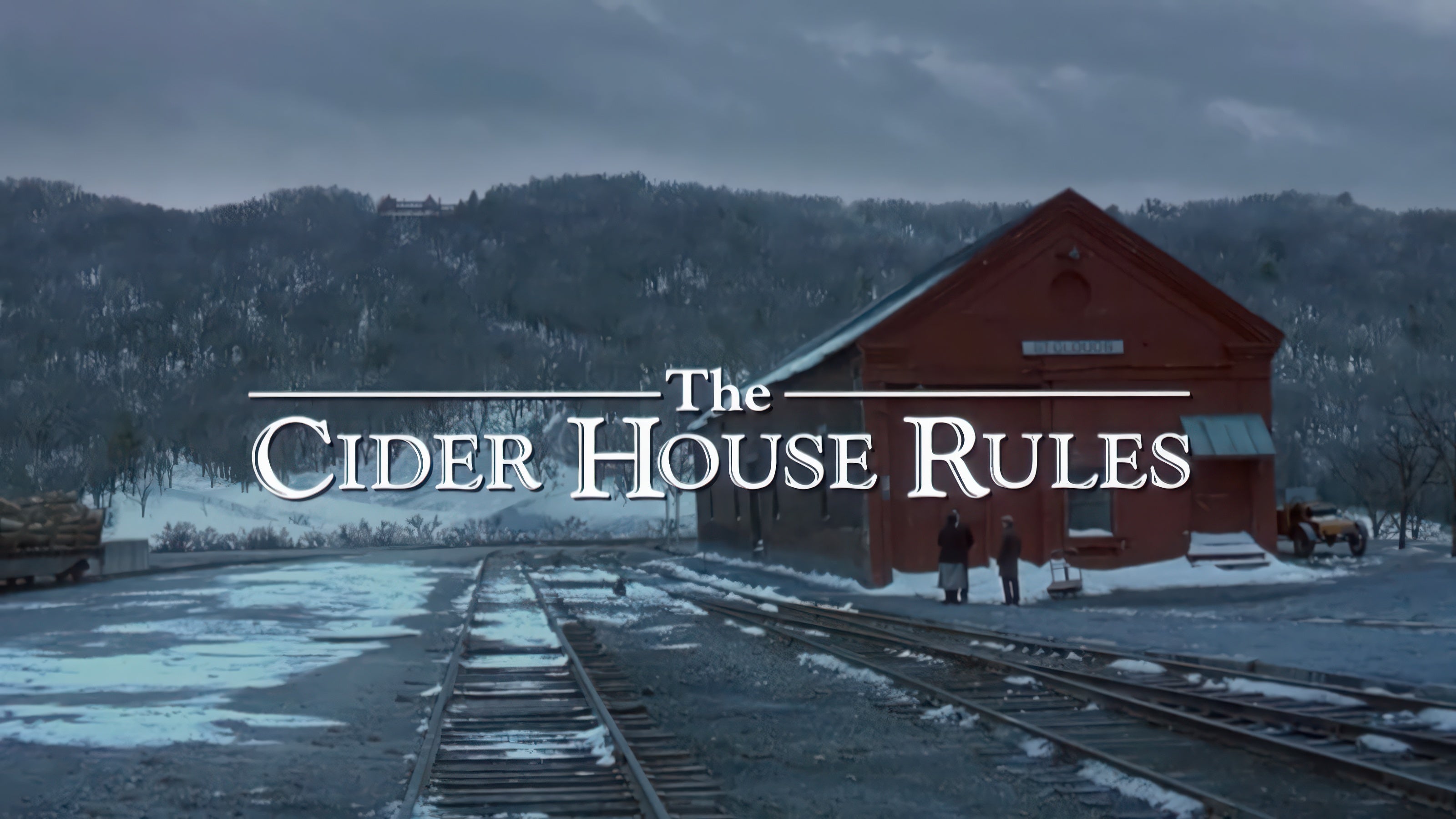
The Cider House Rules (Book Notes)
The Cider House Rules by John Irving is a thought-provoking novel set in mid-20th century New England, exploring themes of family, identity, morality, and the complexities of choice. At its heart is Homer Wells, a boy who grows up in an orphanage in the small town of St. Cloud’s, Maine. This orphanage, run by Dr. Wilbur Larch, serves as both a refuge for orphans and an underground haven for women seeking safe abortions in a time when the procedure was illegal. Dr. Larch, a complex figure who sees himself as a “saintly sinner,” becomes both a mentor and father figure to Homer, instilling in him the values of compassion and choice. Larch also secretly hopes that Homer will one day take over his work at the orphanage.
However, Homer grows up with conflicting feelings about the world in which he was raised, especially about the morality of abortion, which he comes to oppose even as he recognizes the necessity of his mentor’s work. He decides to leave St. Cloud’s in search of his own identity and a life outside the confines of the orphanage, joining a young couple, Wally and Candy, on their apple orchard in the town of Ocean View. There, he becomes involved in the lives of the migrant workers who live by their own rules, codified on the "Cider House Rules" that Homer eventually realizes are rarely relevant to the actual lives of the people in the cider house.
Over time, Homer falls in love with Candy, even though she is Wally’s girlfriend, leading to an intense and morally complicated love triangle. This, alongside his gradual realization of the hardships and challenges that women face in society, forces Homer to confront the ideals and beliefs he grew up with. Eventually, Homer comes full circle, discovering that sometimes he must return to where he began to find his true purpose, leading to a complex and moving conclusion about choice, duty, and the unbreakable ties of family.
Book Notes:
- The Cider House Rules tackles difficult moral questions with sensitivity and nuance, particularly around abortion, personal choice, and duty. Irving crafts a rich, layered narrative that avoids clear-cut answers, allowing readers to wrestle with the same questions as Homer, especially regarding the value and implications of personal choice.
- Homer Wells is one of Irving’s most compelling characters, with a rich inner life that evolves naturally over the course of the novel. His complex relationship with Dr. Larch and the orphanage grounds the story with a sense of duty and compassion, making Homer’s internal struggles deeply engaging. Dr. Larch, too, is a fascinating figure whose ethical compromises reveal a nuanced perspective on humanity and morality.
- Irving’s prose is lively and descriptive, filled with a blend of humor, irony, and compassion that brings each character and setting to life. His skill in creating memorable, multidimensional characters adds depth to the novel’s social themes, drawing readers into the richly textured world of St. Cloud’s and beyond.
- While the novel’s exploration of morality is one of its strengths, the lack of clear resolutions or moral stances can be challenging for readers looking for definitive conclusions. Homer’s final decisions, while understandable, may not satisfy readers looking for a more traditional resolution to his personal dilemmas.
SUMMARY: The Cider House Rules is a richly layered novel that combines moral complexity, compelling characters, and a deep exploration of choice and consequence in a time of limited options for many. John Irving’s compassionate storytelling makes for a resonant exploration of personal identity, community, and the many facets of family. It’s a story that stays with readers, encouraging reflection on what it means to care for others, make difficult choices, and ultimately, to find one’s place in the world.
Get the Book: Digital Book (Apple Books) | Audiobook (Apple Books)
Get the Movie: Digital Film (AppleTV)

































